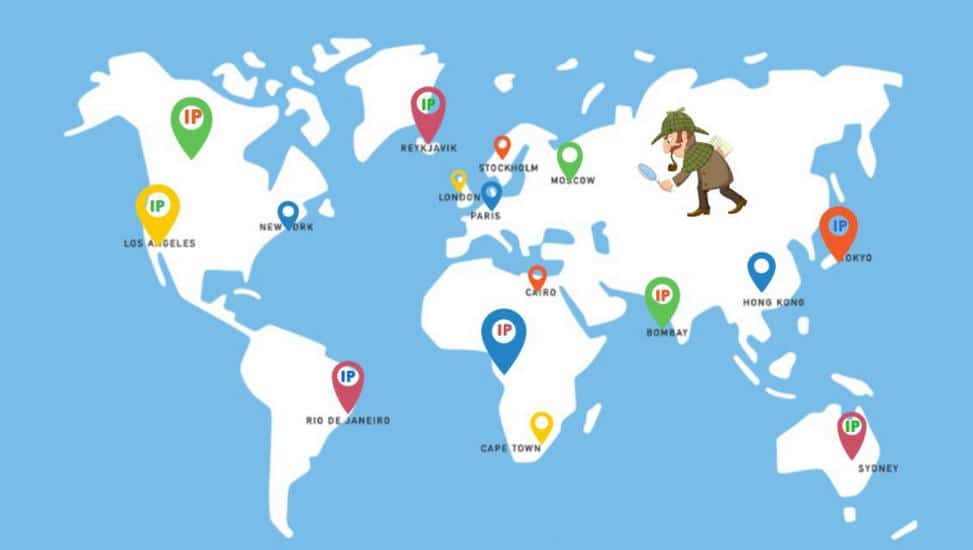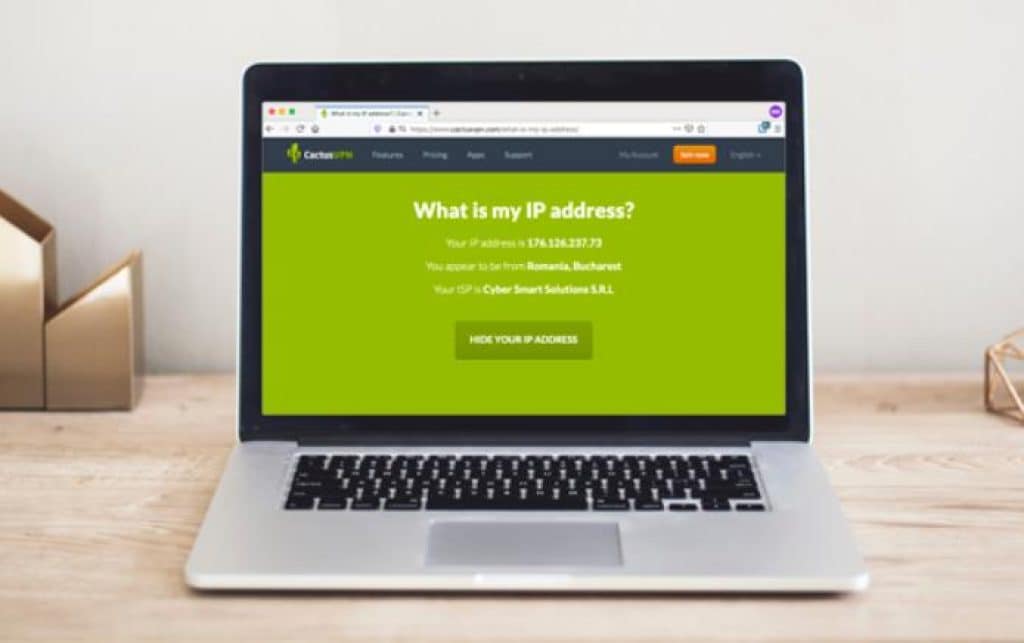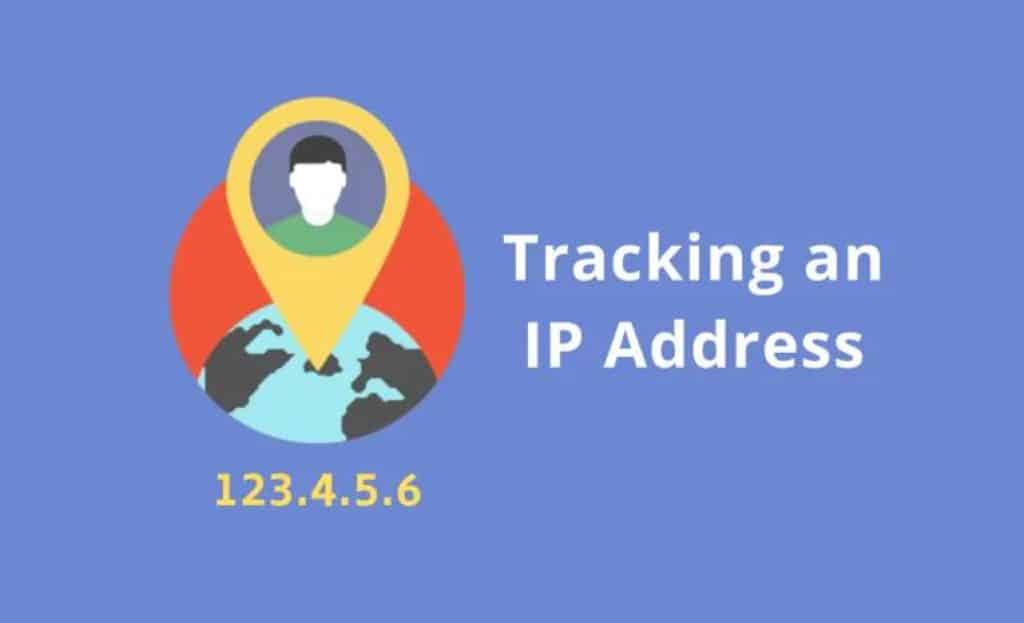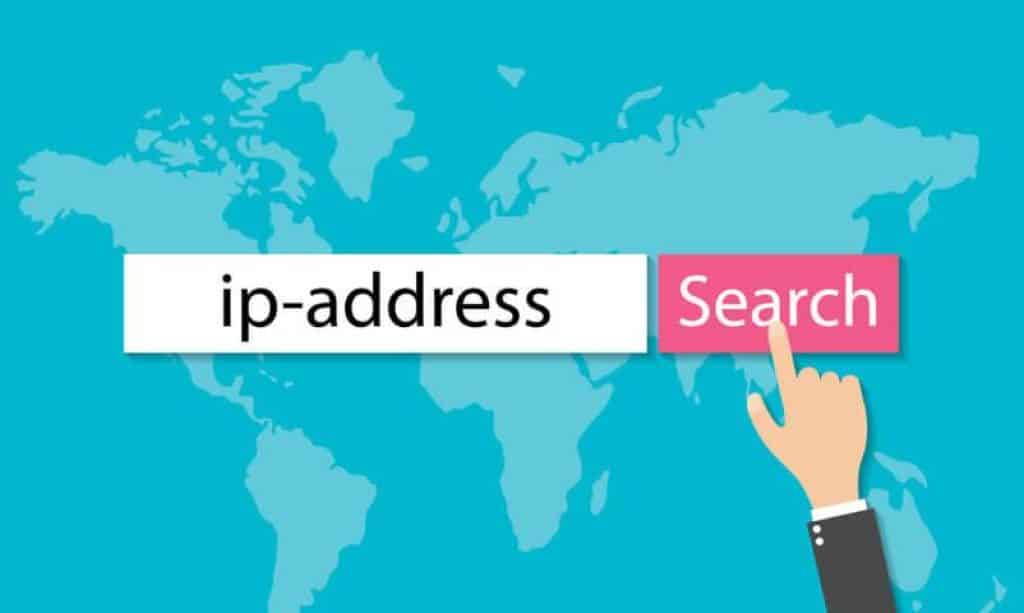
Did you know that, unless hidden, your IP address is readily accessible to everyone on the web? In fact, there are dedicated tools and websites you can use to access info about your IP address.
Such tools give a detailed breakdown of your IP address based on the location, ISP, among other identification parameters. By identifying an IP address, web owners are able to gather information about your location, browsing trends, type of content accessed, or even collect personal data for marketing purposes.
Before we delve any deeper, let’s start from the basics of what an IP address is, then continue from there. IP stands for Internet Protocol and it refers to a set of processes governing how machines and networks communicate and share information on the web.
Because of the very nature of the web, fraud, misinformation, among other online malpractices are rife. For this and other reasons, web owners have come up with mechanisms for tracking user IPs in order to limit online fraud and unauthorized access on their platforms.
Furthermore, with the growth of eCommerce, most businesses are migrating online hence the need for enhanced safety and security on the web. There's a need to know the type of users visiting your site and how they interact with the various resources therein. All these and other vital user info can be deduced by tracking IP addresses.
That being said, this review provides a quick summary of how to track an IP address along with info on some of the reasons for tracking IP addresses. Hope you find it helpful in as far as understanding and appreciating the need for tracking of IP addresses.
Does Your IP Get Tracked?

This is a major concern among some internet users. We all love to know that our online activities are safe and secure from prying eyes. In truth, however, there’s always someone monitoring your surfing activity.
It could be your ISP, the computer you’re sharing information with within the same network, or maybe a government agency.
One method of IP tracking starts with what’s called“shaking hands”.
That simply refers to the process of sharing information between computers connected over a network. Among other things, the process involves sharing IP addresses and user location. The “shaking hands” phase is what, in the literal sense, would be called the acknowledgment step.
By sharing such info, the two devices in the network are essentially tracking each other.
Another subtle way of IP tracking is done by Internet Service Providers (ISPs). You see, the ISP is able to access all information pertaining to any internet user on their network at any one time. This makes it easy to access data such as user IP, location, among other important stats.
So, in case you were wondering if ever your IP address is tracked, there you have it.
Reasons to Track an IP Address

There are many reasons for tracking IP addresses. It could be for marketing, legal reasons, or just protecting your website from the prying eyes of online snoops and hackers. If you’re a web owner, there are countless reasons for tracking IPs. Below are some of the common reasons:
Legal concerns
Online malpractices can be monitored by tracking IP addresses. For better results, the tracking should be done with the support of internet service providers. For instance, whenever somebody accesses a website content illegally, the webmaster can identify the specific IP associated with the illegality and take the necessary legal actions.
That aside, IP addresses can also be used to track the senders of spam and phishing emails. With the help of email marketing software and clients, website owners are able to blacklist IPs associated with offensive emails.
Another legal aspect associated with IPs has to do with ISPs assigning users dynamic IPs that change from time to time. Meaning, there’s a risk a non-suspecting user could be assigned an IP that’s blacklisted for unknown past offenses. In such a case, it is possible to file a legal complaint and have the ISP pay for the damages incurred.
Marketing
Marketing is a major reason for tracking IPs. Tracking IP addresses allows for the personalization of web pages to suit visitors from particular locations. Besides that, IP tracking also provides invaluable information about the type of products and services web visitors might be interested in.
With the help of marketing and analytics tools, it is possible to track IP addresses by location. The data gathered is then used to personalize web pages to march the specific needs of visitors. That’s very crucial for marketing purposes.
It's also worth noting that IP addresses alone can’t help track and record user data for marketing purposes. Many websites also incorporate the use of cookies to serve the same purpose.
However, unlike marketing tools that anonymize IP tracking, sites using cookies are under a legal obligation to inform visitors of their intentions to use cookies to personalize their browsing experience. You must have encountered this whenever you access many sites on the web.
Scam detection
By tracking visitors’ IP addresses, web owners are able to gather crucial info such as location and the ISP. They can then use that info to geo-restrict website access for users from select locations.
This way, they minimize fraudsters from accessing their site. Some scammers are concealing their IP addresses using VPNs or proxies which might make scam detection a whole lot harder. Even so, web owners can still make use of special VPN and proxy detection tools to identify and block suspicious IPs from accessing their platforms.
How to Track a User’s IP Address

For website owners, you may want to track the IP addresses of your users every once in a while. This could be for administrative purposes or for security reasons. For WordPress web owners, you can do this using free or premium plugins. Here are the steps:
i). Plugin installation
If you’re the administrator, head over to your WordPress dashboard and navigate to “plugins” then click on “Add New” then type the name of the plugin you intend to use for tracking IPs. for instance, “TraceMyIP”. Install and activate the plugin.
ii). Addition of the tracking code
Some WordPress plugins used for IP tracking may require you to sign up and create an account. This is true for the “TraceMyIP” plugin.
For such plugins, you’ll need to create your account then follow a set of instructions in order to access a tracking code which you’ll copy and paste in your theme’s header section.
From the dashboard simply head over to “Appearance”> “Theme Editor” then choose “Theme header”. When that’s all set and done, you’ll be able to start tracking the IP addresses of all your visitors.
How to Keep Your IP Address from Being Tracked

Concealing your IP address allows you to enjoy unmatched internet freedom. Among other benefits, hiding your IP allows you to access geo-restricted sites besides guaranteeing high-level anonymity and privacy online.
There are a number of ways to keep your IP address from being tracked. The three main ones include:
- Using a proxy server
Proxy servers work by routing your traffic via an intermediary server. Meaning, whenever you visit a website, only your proxy IP will be seen and not your real IP address. Proxy servers come with the advantage of anonymization and private browsing.
That way, you can access content on most websites without having to worry about big snooped or your personal information being stolen. Simply put, proxies guarantee user privacy and anonymity online. Even though they hide your IP, data sent over proxy servers aren’t very secure; they rarely encrypt your information. In Spite of that, proxies are still a great way to conceal your IP address.
- Using a VPN
Another popular way to hide your IP is via a Virtual Private Network (VPN). It works by routing all your internet traffic via an alternative secure private network. Unlike proxy servers, data sent over a VPN is encrypted for enhanced privacy and security.
Moreover, the platform also hides your real IP address while hiding your true identity online. VPNs are particularly useful on public Wi-Fi connections or when accessing geo-restricted content. If you’re looking for safety and high-level security online, then VPN is all you need.
- Using Tor Browser
Tor Browser is the last option on our list. The platform is known for its high-end anonymity and privacy. With Tor, you can rest assured your real IP address won’t ever be detected while you surf the web. However, that high-level anonymity comes at painfully low speeds. That’s one of the major downsides of the Tor browser. That notwithstanding, it is still a great way to hide your IP address.
Conclusion
Tracking IP addresses comes with countless benefits not only for the web owner but also for the visitors. Whether you want to collect vital data for marketing, legal reasons, or for securing your website from fraudsters, you’ll need to track user IPs.
On the other hand, as a web user, you can also protect your IP from being tracked online. There are several methods for doing this, but three main ones are known. These include the use of Tor Browser, VPN, or proxy servers.










